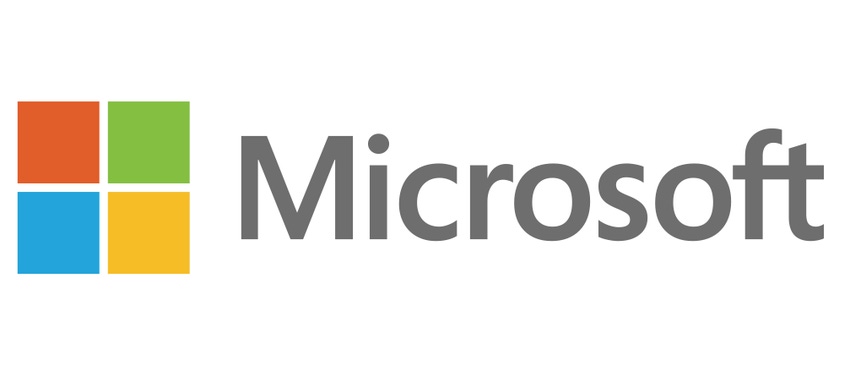Microsoft and Red Hat have made good on their promise to bring .NET to Red Hat's open source, Linux-based platforms, simplifying life for programmers committed to a DevOps and microservices-based workflow.

Microsoft and Red Hat made good on their promise to bring .NET to Red Hat’s open source, Linux-based platforms, simplifying life for programmers committed to a DevOps and microservices-based workflow — as well as companies that thrive on partnerships built around open collaborationn.
Here’s the backstory: Red Hat and Microsoft announced last fall that they would work together to bring .NET, a software framework for writing and running applications, to Red Hat platforms. The collaboration was a major step forward in Microsoft’s Linux and open source love fest.
Last month, Red Hat announced that the integration was complete, with .NET available via containers on Red Hat Enterprise Linux (RHEL) and OpenShift, Red Hat’s platform for running containerized apps. And that wasn’t all. Red Hat and Microsoft will also officially support those containers.
The open source ecosystem has come a long way indeed since the days when controversy-ridden Mono was the only way to do anything .NET-related on Linux.
Embracing DevOps
So what’s in the deal for Red Hat, Microsoft, the programmers who work with their software and the channel? A lot, of if you measure in terms of the fervor for DevOps.
For Red Hat, the .NET support will help attract programmers who want more flexibility in the frameworks and platforms they use. The integration offers “the ability to follow a microservices-based approach, where some components are built with .NET and others with Java, but all can run on a common, supported platform in Red Hat Enterprise Linux and Red Hat OpenShift,” Red Hat said.
Red Hat is also keen to boast that the move “makes Red Hat the only commercial Linux distribution to feature full, enterprise-grade support for .NET, opening up platform choice for enterprises seeking to use .NET on a flexible Linux and container-based environments.” So it’s a selling point for Red Hat in the face of competition from other Linux vendors, like Canonical and SUSE.
Meanwhile, Microsoft gets more interest from developers in .NET applications. But the value of the deal for Redmond isn’t just about increasing the popularity of .NET. The real significance lies in encouraging the development of more .NET apps for Linux, which can in turn be run on Microsoft’s cloud.
So, if you were wondering why Microsoft has been adding Linux options to Azure, wonder no more. All has been revealed.
Then there are developers themselves. Both Microsoft and Red Hat can now claim to be making programmers’ lives easier by reducing barriers to deployment and integration, no matter which platform they write for. While programmers are likely to feel more loyalty to their code than to Microsoft, Red Hat or any other corporate entity, they’ll no doubt appreciate how .NET on RHEL and OpenShift facilitates a DevOps-centric workflow.
Last but not least is the channel as a whole. For partners, this news is perhaps the strongest sign yet that platforms and environment specifics no longer matter. You can now collaborate with whomever you want. That’s great news for companies that have built their operations around openness and transparency — and bad for those still clinging to business models rooted in vendor lock-in.
About the Author(s)
You May Also Like


